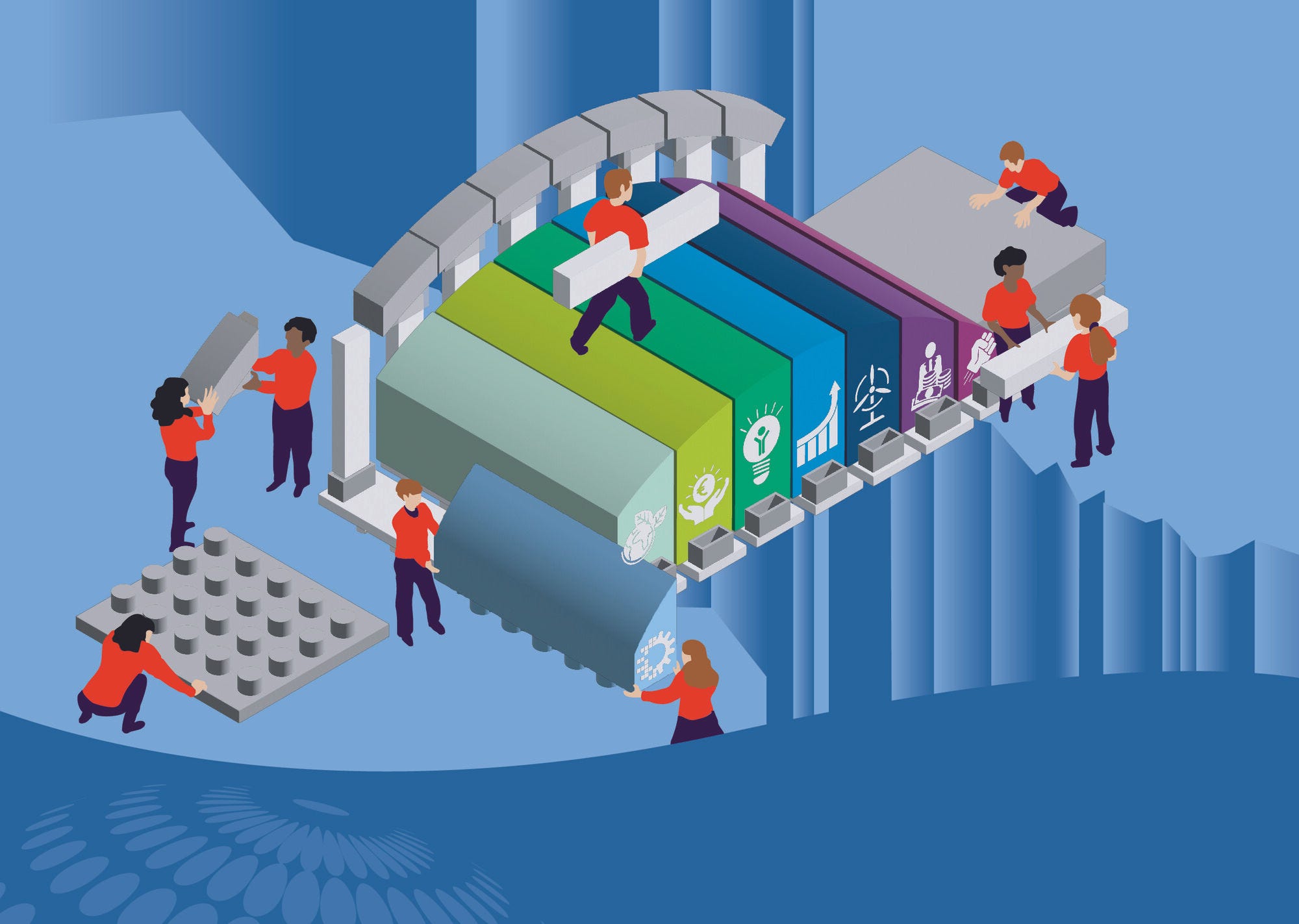The 2024 edition of the SME Policy Index: Latin America and the Caribbean Towards an inclusive, resilient, and sustainable recovery assess regional trends and progress in the design, implementation and impact of policies affecting micro, small and medium-sized enterprises (SMEs) in nine countries (Argentina, Brazil, Chile, Colombia, Ecuador, Mexico, Paraguay, Peru, and Uruguay), and also helps identify reform priorities for more effective, efficient, and coherent SME policies by benchmarking national measures against OECD standards.
Since 2019, when the first edition of the SME Policy Index in the Latin America and the Caribbean (LAC) region was released, SMEs have been the key components of economic growth, job creation, regional and local development, sustainability and social cohesion in the region. They currently make up 99.5% of LAC businesses and account for approximately 60% of formal employment. Given their small size and limited resources, with almost nine out of ten classified as microenterprises, SMEs in the region need targeted policy support to boost their economic resilience and productive potential. All nine participating governments have enhanced their SME policy frameworks over the past five years at different speeds and with different approaches in the context of budgetary constraints. Policies to further strengthen SME operational environments, enhance e-government services, and support programmes that bolster innovation and technology have particularly built on the recommendations from the 2019 and first edition of the SME Policy Index for the LAC region.
The 2024 SME Policy Index recommends that LAC governments could further enhance their support to SMEs by focusing on coordinated policy approaches and coherence across the implementing public institutions together with boosting the use of policy evaluation and monitoring, helping promote access to formal finance and supporting links to export markets. First, countries should renew their strategic planning for SME policies, considering disruptions from the COVID-19 pandemic and ongoing political and economic instability. Robust policy co-ordination mechanisms and enhanced operational autonomy for implementation bodies are essential. Allocating resources for policy monitoring and evaluation could facilitate informed decision-making. Second, priority should be given to the promotion of access to finance for SMEs in the LAC region, with nearly half of SMEs reporting lack of access to formal credit, by diversifying financial sources and improving SMEs' financial literacy. Finally, targeted measures to support SMEs integrate into global value chains could be enhanced by using the SME Policy Index to improve the regional coherence of national SME policy frameworks related to trade.
This second edition of the SME Policy Index for the LAC region includes two new countries in the analysis, Brazil and Paraguay, builds on the 2019 edition methodology with new dimensions on policies supporting the digital transformation and the green economy, as well as a cross-cutting gender approach throughout.
The report is the result of over two years of collaboration between the OECD, CAF (Development Bank of Latin America and the Caribbean), and the Latin American and Caribbean Economic System (SELA), responding to strong demand from LAC policymakers. It is a key output of the OECD LAC Regional Programme (LACRP) and leverages the OECD's comparable statistics, policy assessment and dialogue, as well as peer advice. It also illustrates the Programme’s commitment to working closely with regional partners and facilitating broader participation of LAC countries in OECD initiatives.
We look forward to continuing our joint efforts in designing and implementing policies that foster an inclusive, robust and sustainable growth trajectory in the LAC countries on the back of productive and resilient SMEs.

Mathias Cormann
Secretary-General
OECD

Sergio Díaz-Granados
Executive President
CAF

Clarems Endara Vera
Permanent Secretary
SELA
